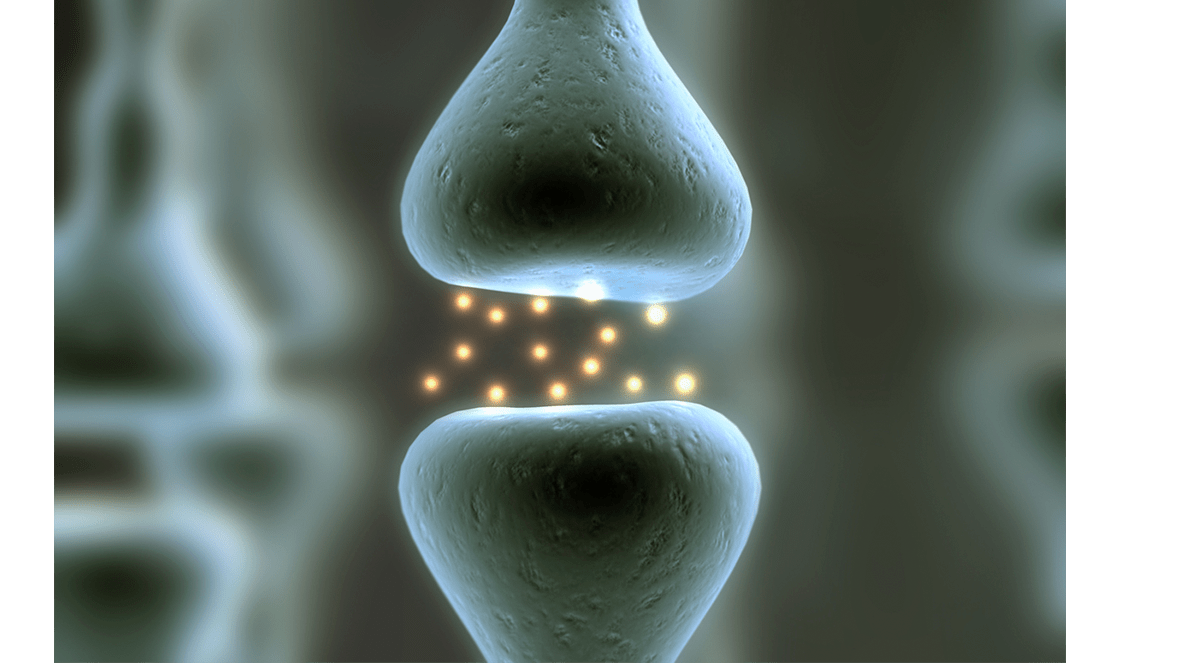Persons with opioid use disorder (OUD) and co-occurring alcohol use disorder (AUD) are understudied. We identified whether co-occurring AUD was associated with OUD treatment type, compared associations between treatment type and six-month treatment retention and determined whether co-occurring AUD moderated these relationships.
We used an observational cohort study design to analyze insurance claims data from 2011 to 2016 from persons aged 12-64 with an opioid abuse or opioid dependence diagnosis and OUD treatment claim. Our unit of analysis was the treatment episode; we used logistic regression for analyses.
Of 211,047 treatment episodes analyzed, 14 % had co-occurring alcohol abuse or dependence diagnoses. Among persons with opioid dependence, persons with co-occurring alcohol dependence were 25 % less likely to receive medication treatment relative to those without AUD. Further, alcohol dependence was associated with decreased likelihood of treatment with buprenorphine (AOR 0.47, 95 % CI 0.44-0.49) or methadone (AOR 0.31, 95 % CI 0.28-0.35) and increased likelihood of treatment with extended-release (AOR 1.36, 95 % CI 1.21-1.54) or oral (AOR 1.73, 95 % CI 1.57-1.90) naltrexone relative to psychosocial treatment. Buprenorphine and methadone were associated with highest retention prevalence regardless of OUD or AUD severity. Co-occurring alcohol abuse or dependence did not meaningfully change retention prevalence associated with buprenorphine or methadone. Co-occurring AUD was not associated with improved retention among persons receiving either formulation of naltrexone.
Buprenorphine and methadone are associated with relatively high likelihood of treatment retention among persons opioid and alcohol dependence, but are disproportionately under-prescribed.
Copyright © 2021. Published by Elsevier B.V.
An examination between treatment type and treatment retention in persons with opioid and co-occurring alcohol use disorders.


